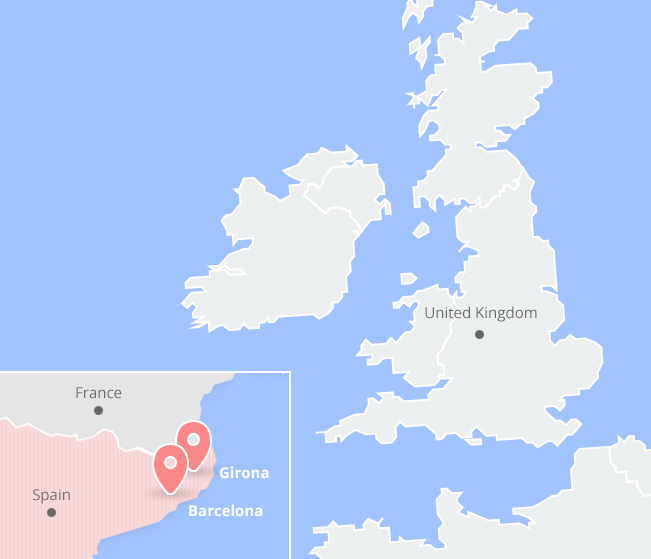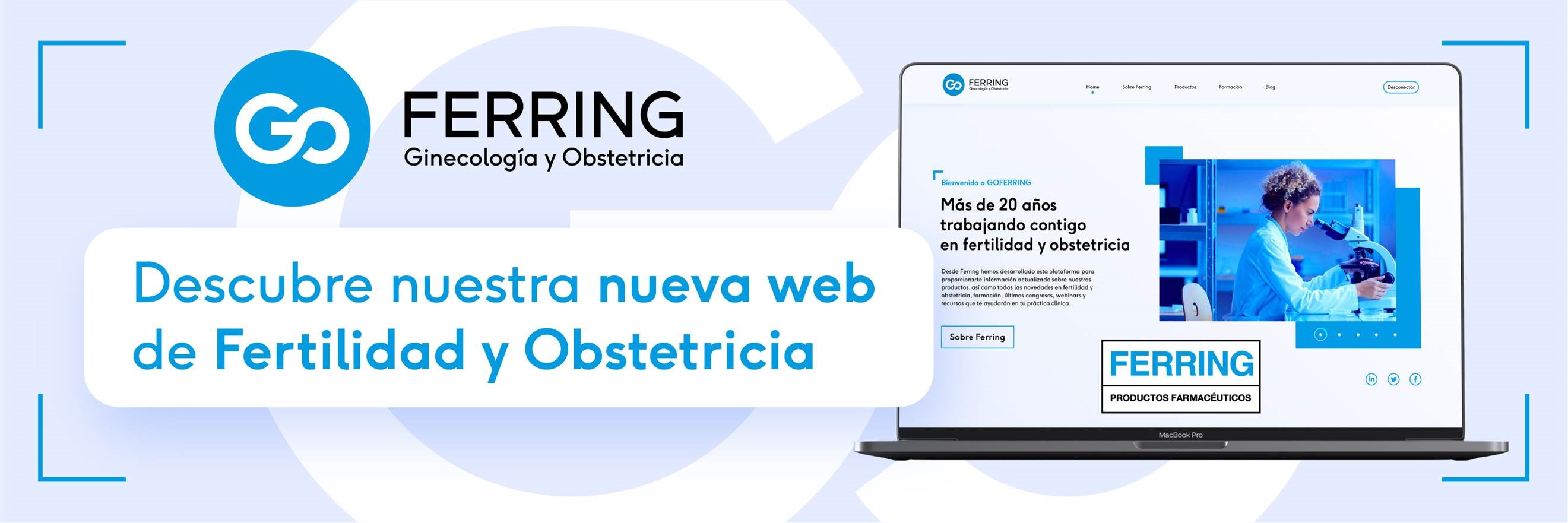In this website we use our own technical cookies that are essential for navigation. We use analytical cookies to statistically monitor users and to improve your browsing experience on our website. We also use functional cookies from Issuu to display documents on this platform from our website. If you click on "Accept all" you are accepting the installation of all of these cookies. You can configure the cookies according to your preferences by clicking the "Configuration" button. For more information, please access our cookie policy. More information.




 Español
Español Français
Français Català
Català Italiano
Italiano Русский
Русский









